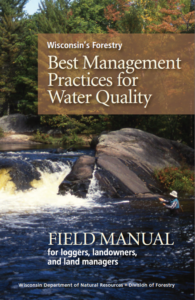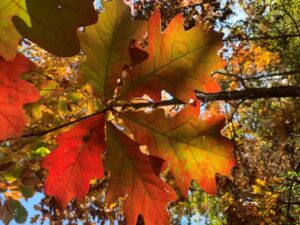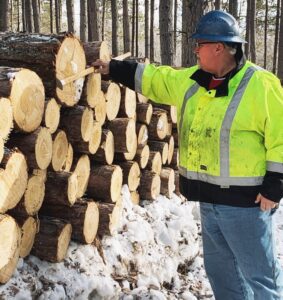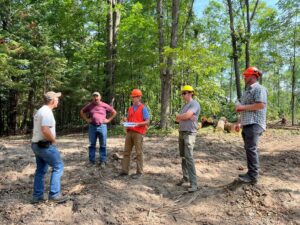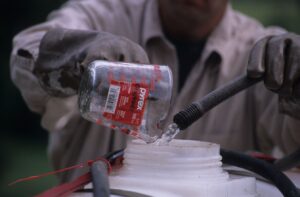By Art Kabelowsky, DNR Outreach and Communications, Fitchburg Arthur.Kabelowsky@wisconsin.gov; 608-335-0167
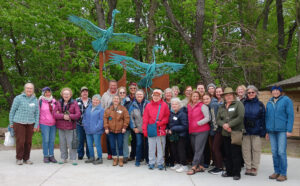
Nancy Bozek (far right), executive director of the Wisconsin Woodland Owners Association (WWOA), joins the Women of WWOA group for a photo after a guided tour of the International Crane Foundation outside of Baraboo. / Photo Credit: Contributed by Nancy Bozek
There are plenty of trees in Wisconsin forests that haven’t been around as long as the Wisconsin Woodland Owners Association (WWOA).
In many cases, the 46-year-old WWOA has facilitated the information sharing, networking and hard work necessary to keep as many of those trees as possible, along with the older ones, of course, green and growing.
WWOA’s mission statement is one of those simple ideas that needs a lot of effort to become reality: “(T)o conserve and enhance the private woodlands of the state through the following actions:
- Sustainably manage our woodlands with informed management plans that utilize best silviculture practices.
- Assist private landowners in achieving their management goals by connecting them with natural resource professionals and fellow woodland owners.
- Educate the public on the value of woodlands for economic, environmental, recreational and wildlife habitat purposes.”
Continue reading “Woodland Owners Group And MFL Keep Forests Growing”

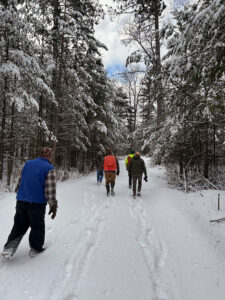
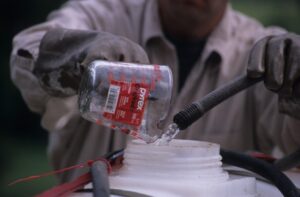 Two forestry pesticides now have an Environmental and Social Risk Assessment (ESRA) available on the
Two forestry pesticides now have an Environmental and Social Risk Assessment (ESRA) available on the 